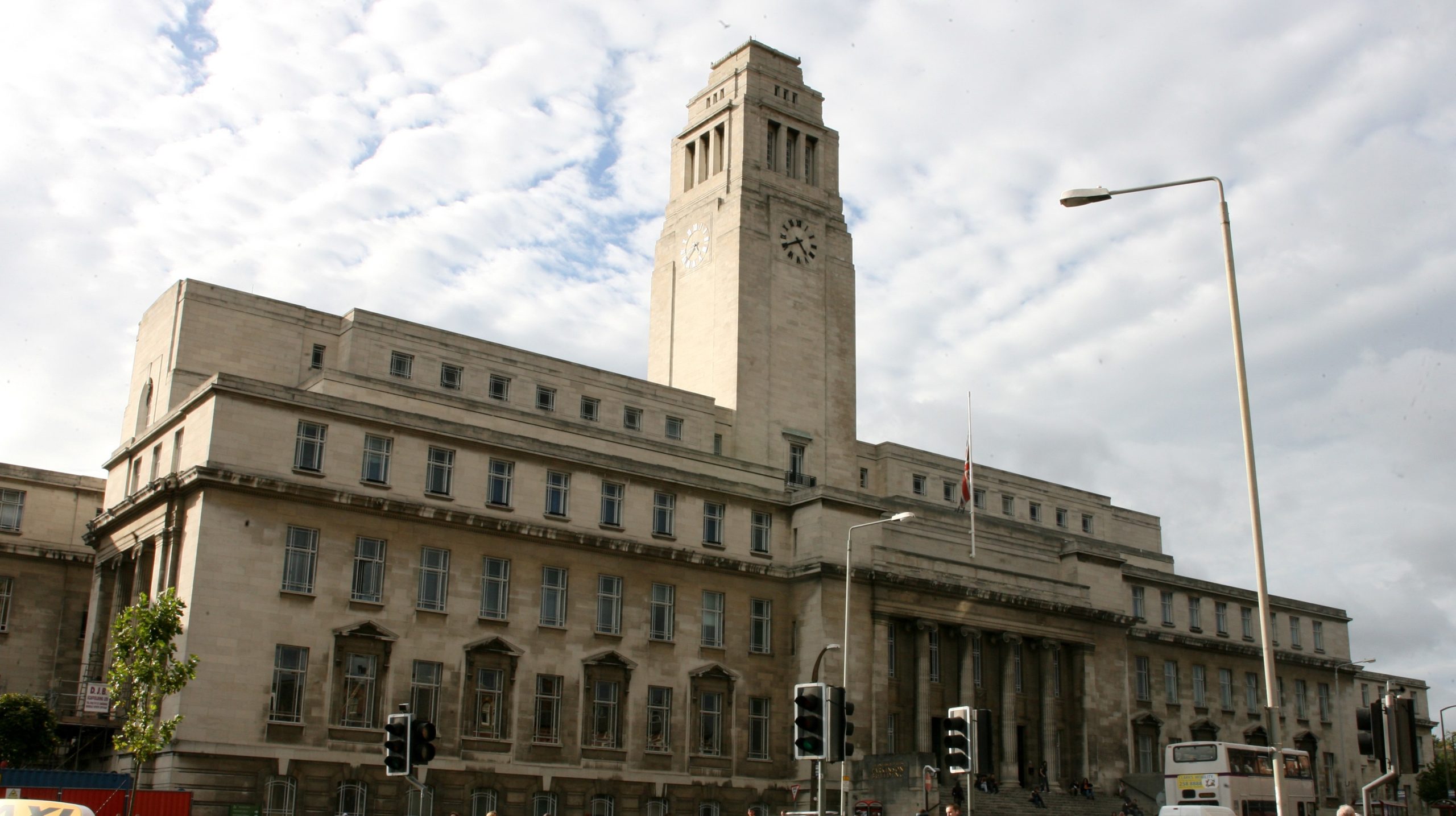Money all too often defines the university experience and it is by the far the most unfair limitation for anyone outside the walls of tertiary education who is unsure of how to get in. Money wraps itself around classism, racism and the experiences of those from other underrepresented university backgrounds who in the British system luckily receive maintenance loans; socially acceptable benefits, that along with student course fees, are paid off essentially in a graduate tax at later date contingent on future income. Money is a difficult issue to talk about, it is the divide between all groups and going to university should be the bridge where learning and lifestyle is accommodated for with levelling up without unfair undergrad offers.
Upcoming second, third and final year uni students are still sadly experiencing an unholy coalition of staggering post-2012 student debt with post-2020 covid-restrictions chaos. This should be enough for government and the universities to intervene passionately, which is firstly why the decision to gift some potential University of Leeds students ten thousand pounds and free first year accommodation upon their deferral was met with widespread derision. 10 thousand pounds per student is life changing money, but it was wrong in the first place to give that money away at all to potential students as it treats them worse than customers. Universities are treating all students unethically as buyable children.
£10k was the decided amount of money deemed acceptable as an ‘offer’ to potential students who were planning on studying subjects in oversubscribed courses, so law and business school applicants. Ten thousand pounds and free-hall accommodation for a student’s first year is a generous deal for merely declining to go to university immediately and instead postponing it for a year. The level of competition for the 2021 cohort is completely unfair, but oversubscribed courses have rejected thousands for years with individuals applying the following year under a true free choice. This has been a fluke year, followed by a previous fluke year, but throwing money – empty pockets ahem – at any applicants at any time must surely be exploitative in itself. I myself remember the furore about unconditional offers whilst at sixth-form and this sweet deal unceremoniously far worse devalues the actual content of the original course.
It is even more unethical considering all the other subjects that did not get special treatment! Even if a department is a selling point for a university, an asset, free accommodation and financial payments should never be allowed to influence applicant choice. Even medical students, including in my view future doctors, nurses, therapists and practitioners, should not be given perks by universities to retain their competitive advantage. The money ought to be spent nationally supporting existing medical students with their cost of living throughout their long courses and discern firstly to assist the least advantaged, so targeted help is actually fair.
One of the goals with removing barriers for university should be supporting people to choose the best course for them taking into account numerous factors but not economic constraints. It may seem irrational to reject a substantial sum of money or free halls or any bonus, a no-brainer, but I believe this additional albeit positive financial factor is almost discriminatory towards anyone less than well-off who are more likely to feel compelled to take the money and defer. Money should be given in scholarships by merit, in grants by income and not to sway important life decisions to suit admissions.
10 thousand pounds split 10 ways would give 10 low-income students just outside the threshold for grants an also life-changing 1k each, improving more lives from more disciplines. 10 thousand pounds split in many different combinations for all the talk of mental health, could subsidise or pay fully for a few students’ life-saving talking therapies. The best thing I witnessed from this bizzarro event was the incoming students exercising their own agency as adults in either accepting or rejecting the deal, securing their future based on what has been offered to them. It is easy to forget how demanding it is getting into anywhere.
Universities also have agency and power. They need to provide fair universal offers and think of new principles to do better for all those they have already let in.
Featured Image: ITV

